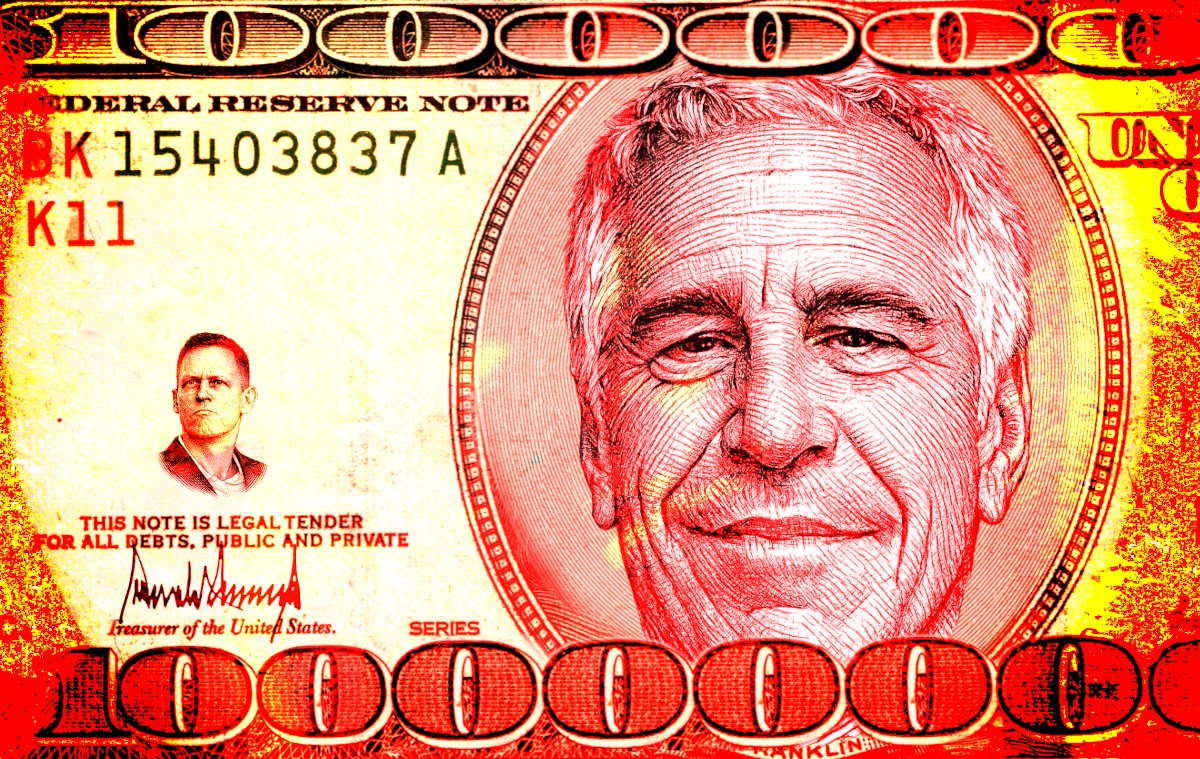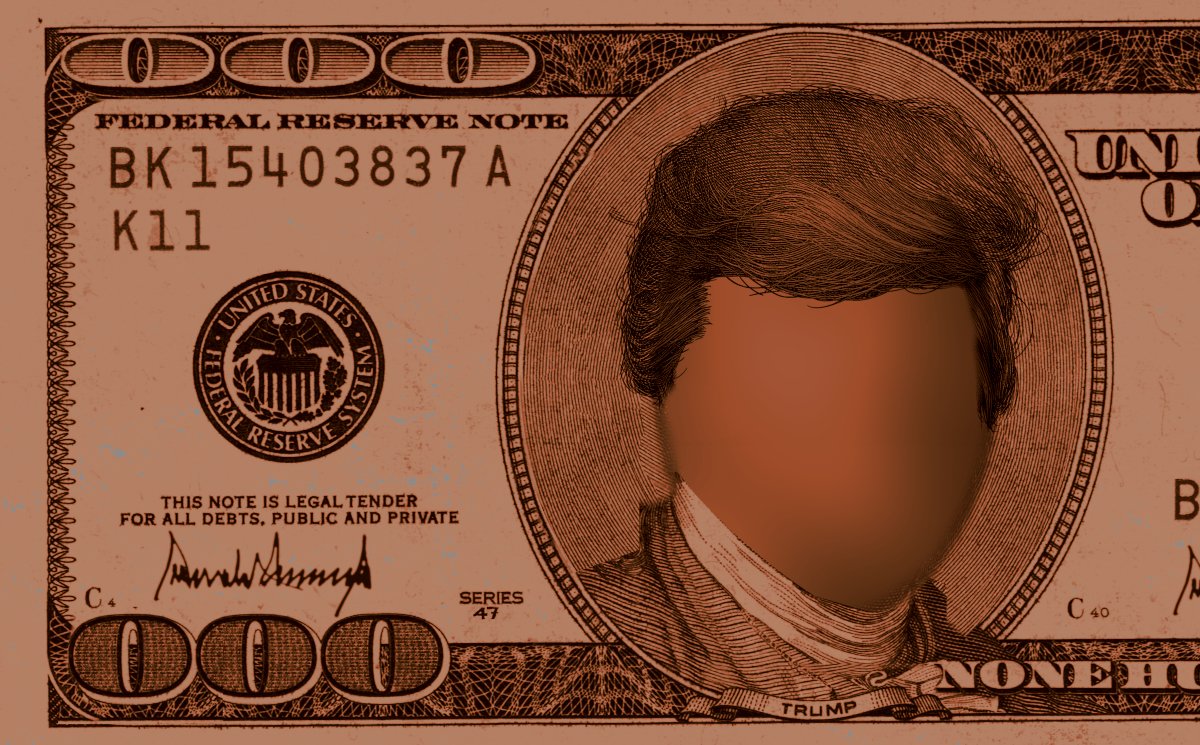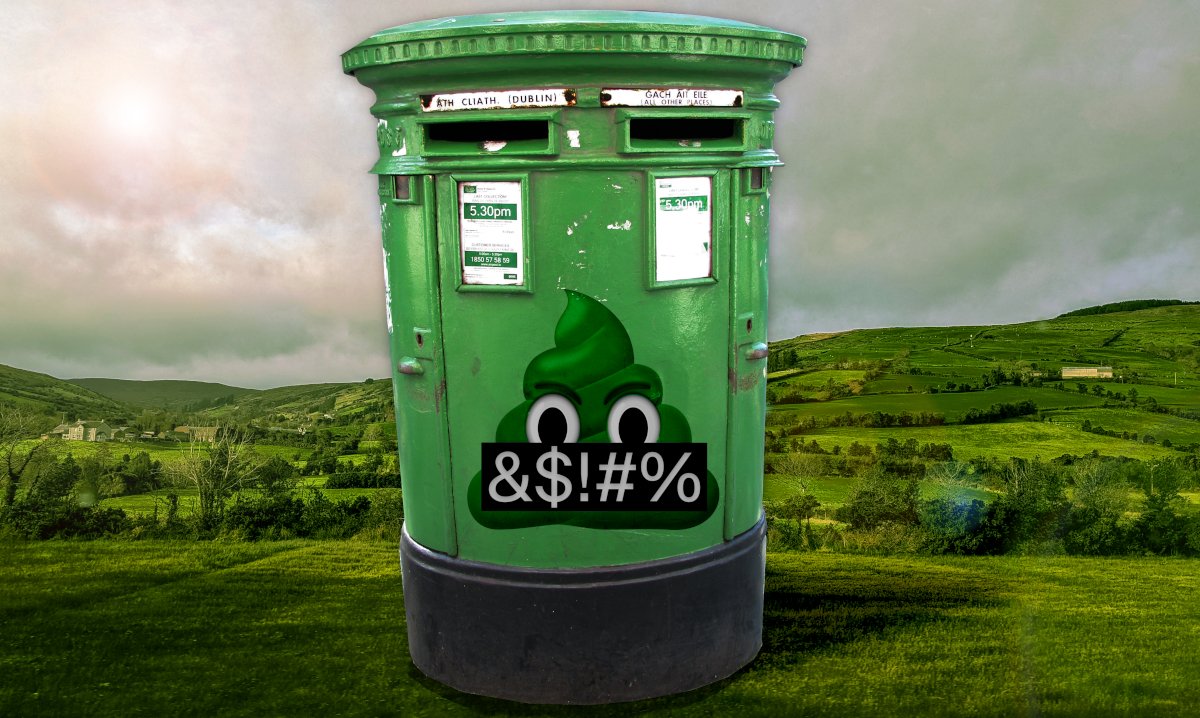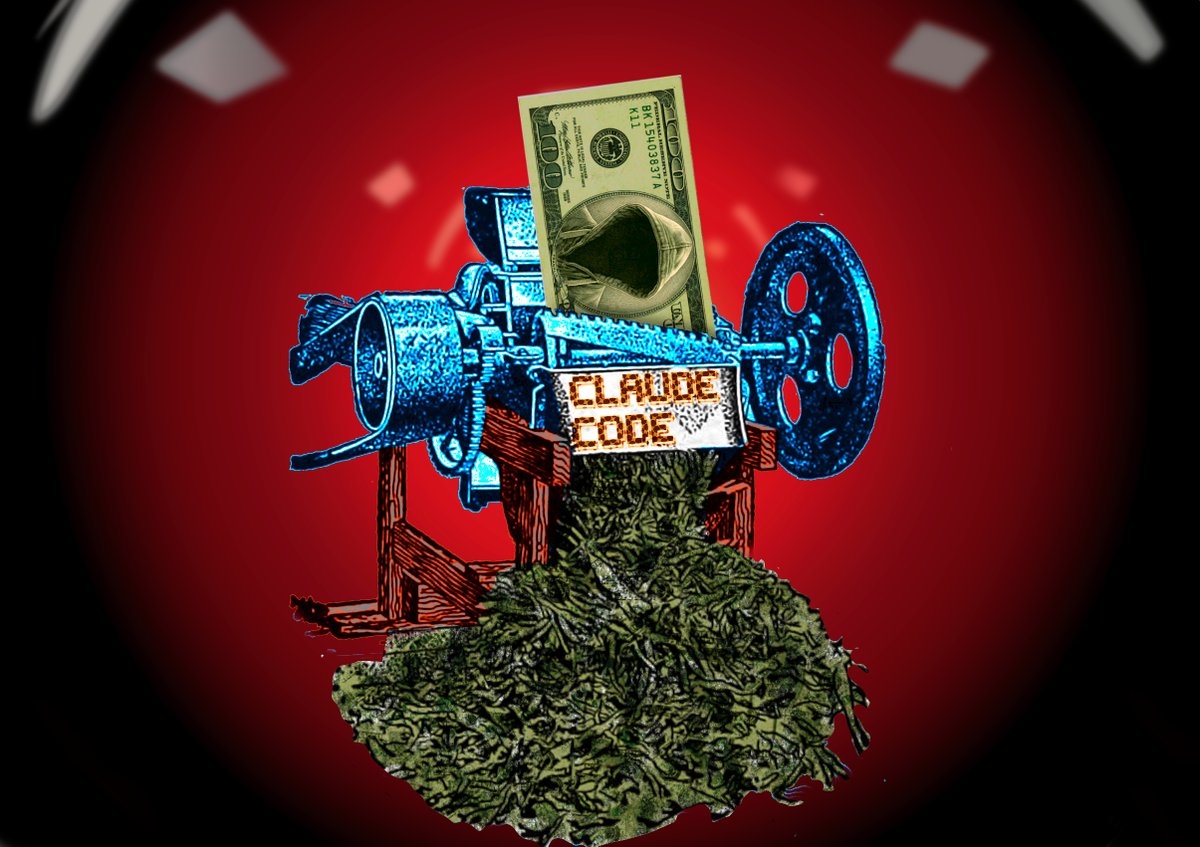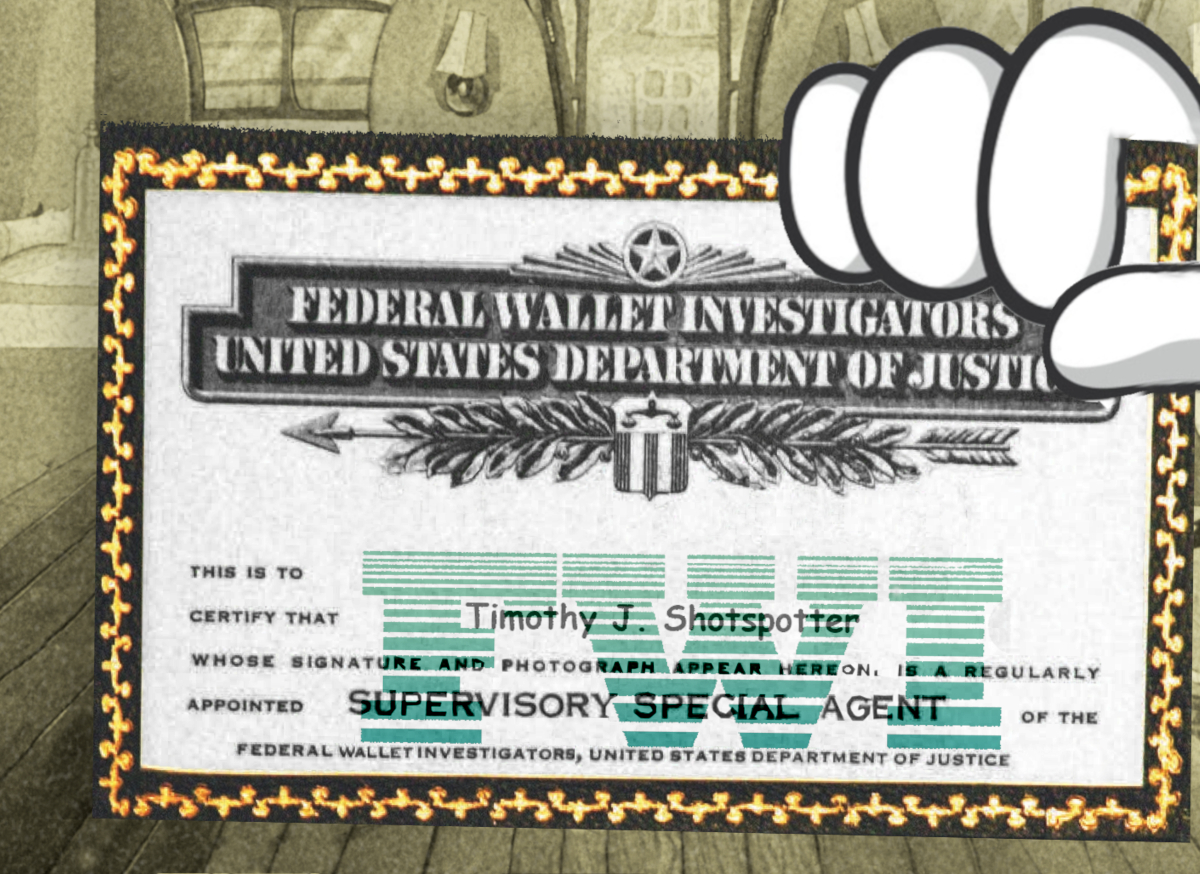Don't let the sweater-vests and the (dilettantish) "education reform" work fool you: Bill Gates made his fortune through sheer robber-baronry, presiding over a vicious monopolist that shattered the law in its greedy quest for billions and permanent, global dominance.
1/
1/
Microsoft's illegal conduct was so blatant, persistent and obviously wicked that it prompted serious enforcement action from the DoJ's antitrust division, which Reagan neutered and which every president since has whittled down even further.
2/
2/
The most notorious moment in that last-of-its-kind enforcement action was the multi-day, video-recorded deposition of Bill Gates himself, in which he conducted himself so badly that the video went analog-viral, airing on newscasts and being passed hand-to-hand on VHS.
3/
3/
Today on @arstechnica, @dangoodin001 revisits that momentous week in 1998 when Gates covered himself in everlasting shame and gave us a peek behind the curtain at the private persona of a swaggering monopolist.
arstechnica.com/tech-policy/20…
4/
arstechnica.com/tech-policy/20…
4/
Goodin's piece was occasioned by Microsoft's intervention in the Epic-v-Apple affair, in which a Microsoft exec decried Apple's abuse of its "complete monopoly over the distribution of apps … to coerce app developers into using Apple’s payment platform."
5/
5/
Gates's deposition is a reminder of how far Microsoft's position changed between 1998 and now. As Goodin writes, Gates's plan for the deposition was to obstruct, paint the DoJ as technically incompetent, and to "deny even the most basic of premises in the government’s case."
6/
6/
This was a brutally stupid plan. It failed SO BADLY. Government lawyer would ask Gates questions like "What non-Microsoft browsers were you concerned about in January of 1996" and Gates would claim not to know what "concerned" means.
7/
7/
It was the Fat Tony defense: "What's a truck? What's a murder?"
It was so stupid and blatant that people in the gallery started laughing aloud at Gates's obstruction (after all, part of his defense was that he was a genius whose mind could not be understood by mere govvies).
8/
It was so stupid and blatant that people in the gallery started laughing aloud at Gates's obstruction (after all, part of his defense was that he was a genius whose mind could not be understood by mere govvies).
8/
The deposition really revealed Gates's expectation that he would be deferred to and even worshipped in the manner that his absolute authoritarian rule over Microsoft had accustomed him to.
9/
9/
As Ken Auletta noted, Gates had never had to sit for a job interview or suffer other routine indignities.
Goodin: "he had little or no experience tolerating—let alone encountering—dissent, criticism, or challenges to his authority."
10/
Goodin: "he had little or no experience tolerating—let alone encountering—dissent, criticism, or challenges to his authority."
10/
But even with a better strategy, Gates would have still been in trouble, because he put a bewildering array of radioactively illegal conduct in writing, and the DoJ had it all in black and white:
11/
11/
* A conspiracy to force Intuit to bundle Internet Explorer and break compatibility with Netscape
* A conspiracy to modify Windows so Netscape-rendered content would appear "degraded"
12/
* A conspiracy to modify Windows so Netscape-rendered content would appear "degraded"
12/
* A conspiracy to make an incompatible version of Java that only ran on Windows, with the goal of "wresting control of Java away from Sun"
* A conspiracy to get Apple to break compatibility with Netscape, tying Microsoft Office improvement to Apple's sabotage of Netscape
13/
* A conspiracy to get Apple to break compatibility with Netscape, tying Microsoft Office improvement to Apple's sabotage of Netscape
13/
With all this evidence, the fact that Microsoft escaped serious sanction tells you just how degraded antitrust law has become (it's gotten weaker and worse since). But just as telling is the impact that antitrust enforcement had on Microsoft's conduct.
14/
14/
It's undeniable that the reason web companies like Google survived the 2010s is that Microsoft had lost its nerve, after years of traumatic DoJ investigation and litigation.
15/
15/
Gates admitted this last year, saying the reason Microsoft didn't bid for Android was they were "distracted" by the antitrust action:
pluralistic.net/2020/05/16/lab…
But that action had ended YEARS before Android. When Gates says he was "distracted," he means he was terrified.
16/
pluralistic.net/2020/05/16/lab…
But that action had ended YEARS before Android. When Gates says he was "distracted," he means he was terrified.
16/
And as @superwuster pointed out, it probably made them a better company. Monoplism makes companies act like mafias, stupid and lazy, with an emphasis on abusive commercial practice rather than technical or organizational excellence.
17/
17/
When AT&T was broken up in 82, corporatists cried that America was sacrificing its "national champion" just as Japan was eroding America's technical dominance, and without AT&T's monopoly power, America's tech industry was done.
18/
18/
Instead, breaking up AT&T opened the space for THE ENTIRE INTERNET, and a generation-long American dominance of a system that has become a planetary nervous system, a source of prolonged American dominance and trillions in GDP.
19/
19/
In other words: Fat Tony is a shitty businessman.
People express dismay at that 2016 photo of Trump with tech's leaders around a Trump Tower boardroom table, aghast that these people who run our tech world were willing to meet with a racist bully.
techcrunch.com/2016/12/14/don…
20/
People express dismay at that 2016 photo of Trump with tech's leaders around a Trump Tower boardroom table, aghast that these people who run our tech world were willing to meet with a racist bully.
techcrunch.com/2016/12/14/don…
20/
Fair enough.
But even more alarming is something rarely commented upon:
THE ENTIRE TECH INDUSTRY FITS AROUND A SINGLE TABLE.
That should make you furious and terrified - and glad that we are finally seeing a stirring of America's old trustbusting traditions.
21/
But even more alarming is something rarely commented upon:
THE ENTIRE TECH INDUSTRY FITS AROUND A SINGLE TABLE.
That should make you furious and terrified - and glad that we are finally seeing a stirring of America's old trustbusting traditions.
21/
Reagan may have maimed antitrust.
Bush I, Clinton, GWB, Obama and Trump may have brutalized it.
But it is not dead. And it's slowly, relentlessly, getting back on its feet.
eof/
Bush I, Clinton, GWB, Obama and Trump may have brutalized it.
But it is not dead. And it's slowly, relentlessly, getting back on its feet.
eof/
• • •
Missing some Tweet in this thread? You can try to
force a refresh


